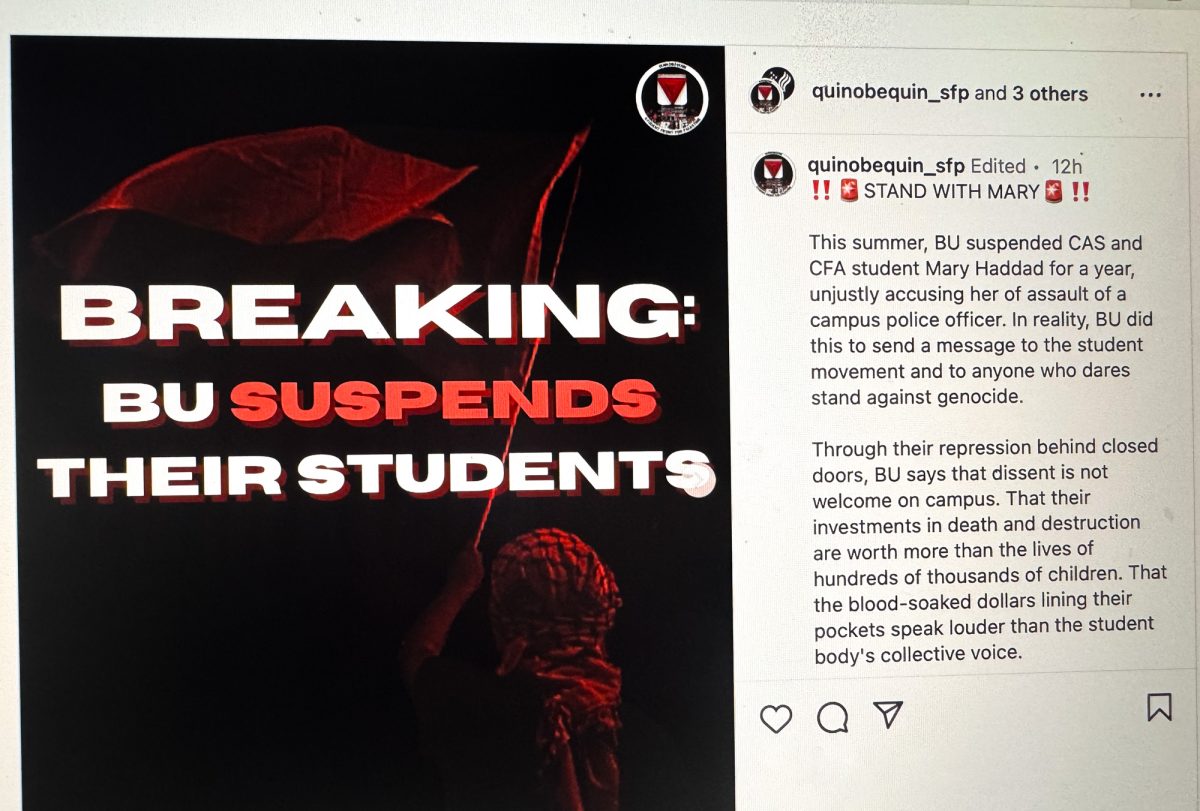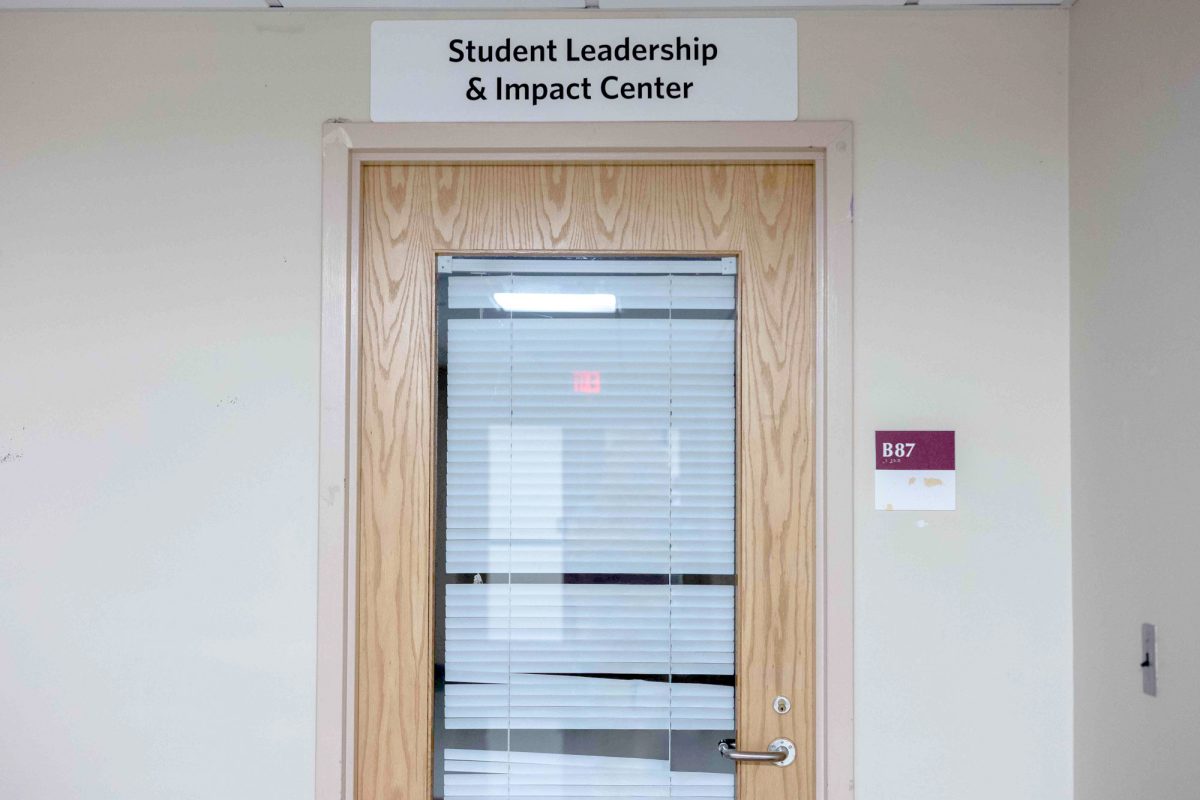U.S. universities such as Boston University have seen a steady decline in financing for humanities research since 2009, according to a Sunday New York Times article, and some students said this drop undermines the importance of the field.
Humanities research received less than 0.5 percent of the amount of funding allotted to science and engineering research and development, according to the article. This trend has also been reflected globally since 2009.
Annabel Sanchez, a College of Arts and Sciences sophomore, said her minor in women’s studies will make her more well-rounded as a person. She said one does not get the same experience with the sciences because the field is more fact-based.
“It’s [women’s studies] not really something I could see myself majoring in, but it gives me a different worldview,” Sanchez said. “It makes me think about everything in my daily life differently. There’s no such thing in the sciences.”
Sanchez said there must be a balance between the amount of funding received between STEM and humanities research. She said scholars and educators are beginning to overlook the humanities completely in today’s society.
According to the article, Republican Senator Tom Coburn submitted an amendment in March that limited the use of National Science Foundation funds for political science research. This amendment, which was passed by the U.S. Senate, limited such research funds in Florida unless the work promotes “national security of the economic interests of the United States.”
Similarly, in 2012, a Fla. Gov. Rick Scott argued liberal arts and social science degrees were “nonstrategic disciplines,” and recommended students majoring in these subject fields pay higher tuition fees, according to the article. This proposal received major backlash, and was regarded as a “decimation” of liberal arts in Florida.
While the number of students majoring in humanities has decreased nationwide since the ‘60s, the amount of bachelor’s degrees in the field has significantly increased since the mid-‘80s, according to a report released this year by the American Academy of Arts and Sciences.
However, only a small percent of college students learn the essential language skills needed for international security and global competition, according to the report.
“They [humanities courses] provide the knowledge, skills, and understanding we need to thrive in a twenty-first-century democracy,” the report stated. “They equip us for leadership in an interconnected world and help foster a society that is innovative, competitive, and strong.”
Fuxin Zhang, a College of Communication junior, said he has taken a few humanities courses to fulfill course requirements, but did not find them to be very practical. He said should be taken in high school rather than college.
“You pay a lot more in college, and I think it’s [humanities] basic knowledge that if you want to know, you can learn in high school,” Zhang said. “I don’t think it should be necessary for college students anymore … But, I don’t think we should decrease the funding in cases of research just because it’s necessary to know history, and a lot of people care about it.”
Valerie Koch, a College of Engineering freshman, said while she is majoring in mechanical engineering, she still enjoys humanities courses and hopes she can take more in the future while pursuing her degree.
“Everybody should be educated in more areas than just engineering, math and science,” Koch said. “You want to be worldly — you don’t want to be ignorant.”
Sanchez said the humanities might have a poor reputation among students on college campuses, but it is undeserved.
“People kind of think if you’re majoring in math or the sciences, you’re getting a real major, and if you’re majoring in the humanities, you’re taking the easy way out, you’re just sitting around reading and thinking all day,” Sanchez said. “There’s more to it [humanities] than that … It’s not … just sitting around in the grass reading Plato.”























































































































